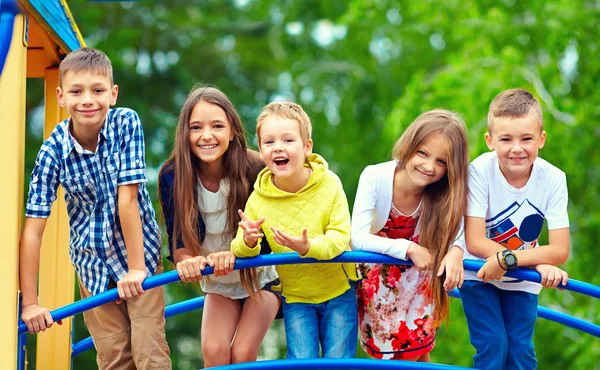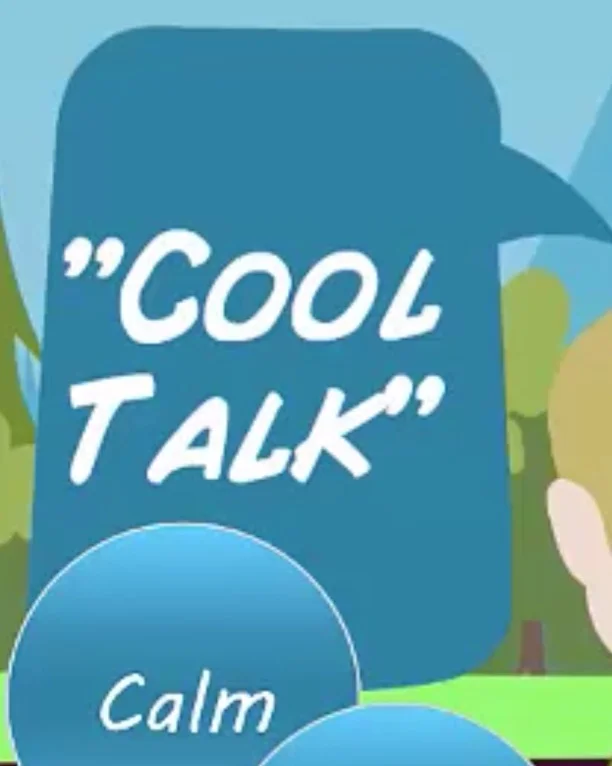Parenting an anxious young person – how we help – and how we *might* hinder
/There is no doubt that biological factors play an important part in causing or contributing to anxiety in young people. Some research has suggested there is a genetic component to anxiety (e.g. identical twins are more likely to have similar rates of anxiety than non-identical twins). Other areas of research have identified physiological differences (for example heart rate reactivity, a number of brain structures/processes) between more and less anxious children. There are other areas of research which have found differences in infant behavior between children who then grow up to be more or less anxious.
All these fields of study put together indicate that at least some tendencies towards anxiety in humans is “hard wired” into some young people much more strongly than in the average young person.
However there are other research studies which show that aspects of a young person’s environment (in other words what happens to and around them) also influence their anxiety. Studies have found factors such as early traumatic life experiences, friend and peer relationships, school life, sleep quality, nutritional intake, exercise and technology use – also contribute to how much anxiety children and young people experience.
Not surprisingly therefore, most psychologists believe it is a combination of biological and environmental factors which cause anxiety in young people.
Read More




